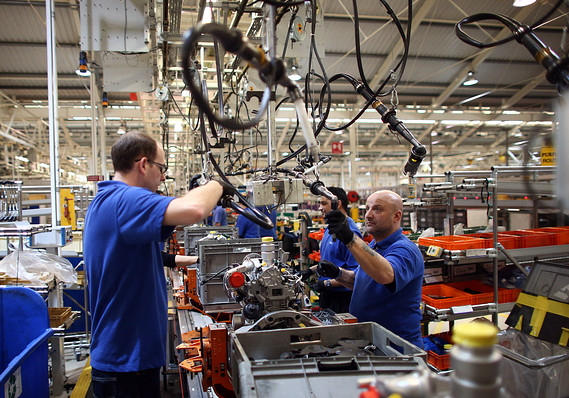When it comes to brewing the perfect cup of coffee, the choice of water can be just as crucial as the quality of the beans. Many coffee enthusiasts often find themselves pondering the question: "Can I use tap water in a coffee maker?" While the answer may seem straightforward, the implications of this choice can significantly affect the flavor, quality, and longevity of your coffee maker. In this article, we will delve into the nuances of using tap water, exploring its benefits, potential drawbacks, and best practices for achieving a superior brew.
Understanding Tap Water Composition
Tap water varies significantly from one location to another, influenced by factors such as local water sources, treatment processes, and distribution systems. Typically, tap water contains a mix of minerals, chemicals, and impurities, including:
- Minerals: Calcium, magnesium, and sodium are common minerals found in tap water. While these can enhance flavor, excessive hardness can lead to scale buildup in your coffee maker.
- Chlorine and Chloramine: Municipal water systems often use chlorine or chloramine for disinfection. While safe for drinking, these chemicals can impart undesirable flavors to your coffee.
- Heavy Metals: Lead, copper, and other heavy metals may leach into tap water from aging pipes, posing health risks and affecting taste.
The Pros of Using Tap Water
- Convenience: Tap water is readily available, making it a convenient choice for daily coffee brewing.
- Cost-Effective: Using tap water eliminates the need for purchasing bottled or filtered water, saving you money in the long run.
- Mineral Content: In moderation, certain minerals can enhance the extraction process, potentially improving the flavor profile of your coffee.
The Cons of Using Tap Water
- Taste and Odor: The presence of chlorine or other chemicals can negatively impact the taste and aroma of your coffee, leading to a less enjoyable experience.
- Hard Water Issues: High mineral content can lead to scale buildup in your coffee maker, reducing its efficiency and lifespan. Regular descaling may be necessary to maintain performance.
- Inconsistent Quality: The quality of tap water can fluctuate due to seasonal changes, maintenance work, or contamination events, leading to inconsistent brewing results.
Best Practices for Using Tap Water in Your Coffee Maker
If you decide to use tap water, consider the following best practices to optimize your brewing experience:
- Test Your Water: Use a water testing kit to analyze your tap water for hardness, chlorine levels, and the presence of heavy metals. This information can guide your decisions on whether to use tap water or seek alternatives.
- Filter Your Water: Investing in a water filter can significantly improve the quality of your tap water. Activated carbon filters can remove chlorine and other impurities, while reverse osmosis systems can reduce mineral content, resulting in cleaner-tasting water.
- Regular Maintenance: If you choose to use tap water, ensure that you regularly clean and descale your coffee maker. This will help prevent mineral buildup and maintain optimal performance.
- Experiment with Ratios: If your tap water is particularly hard, consider mixing it with filtered or bottled water to achieve a balanced mineral content that enhances flavor without causing scale issues.
- Stay Informed: Keep an eye on local water quality reports, especially if you live in an area prone to contamination or seasonal changes in water quality. This knowledge will help you make informed decisions about your water source.
Conclusion
In conclusion, while using tap water in your coffee maker is possible, it comes with both advantages and disadvantages. The key to brewing a delicious cup of coffee lies in understanding the composition of your tap water and taking steps to mitigate any potential issues. By testing your water, considering filtration options, and maintaining your coffee maker, you can enjoy the convenience of tap water without compromising on flavor or quality. Ultimately, the choice is yours, but informed decisions will lead to a more satisfying coffee experience. Happy brewing!

